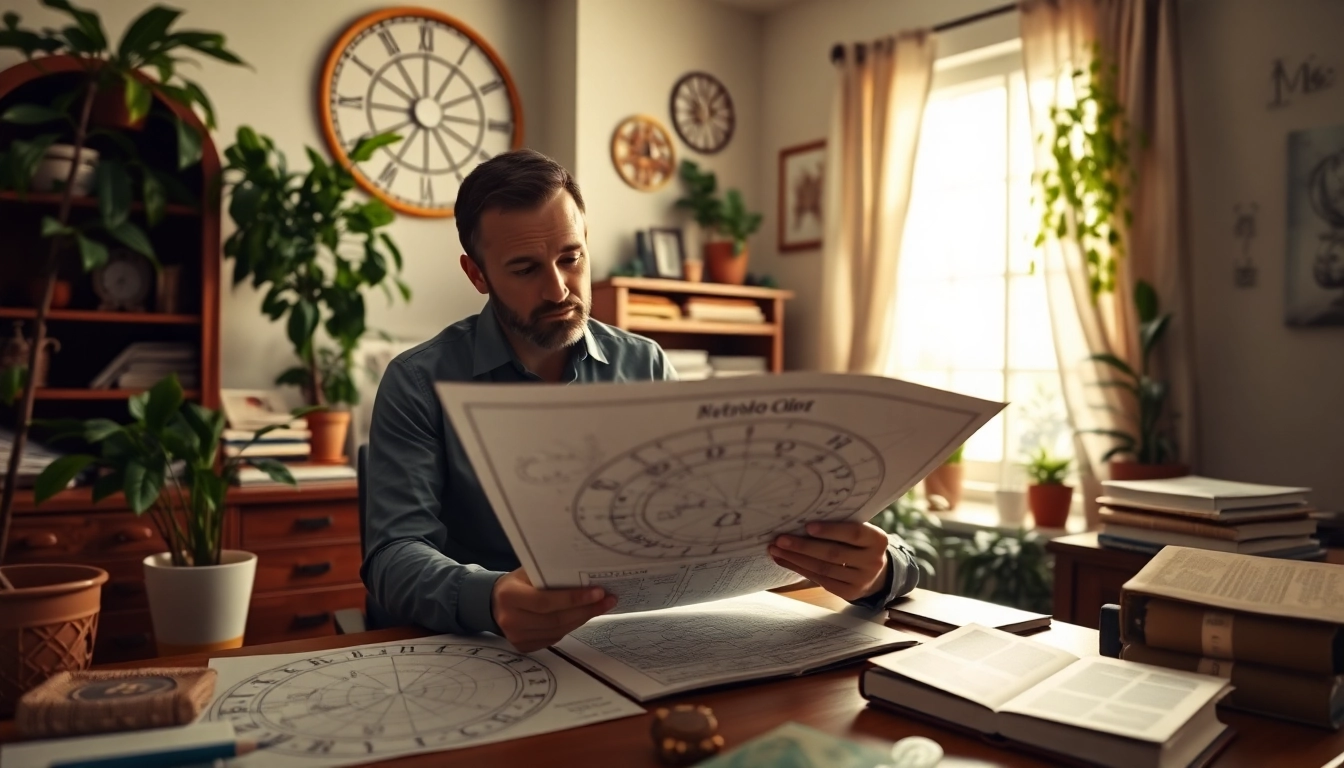Understanding the Emotional Impact of a Relationship Breakup
The experience of a relationship breakup can be profoundly distressing, often triggering a complex emotional response that can last for weeks, months, or even longer. This distress is not only attributed to the loss of companionship but also to the dissolution of shared hopes, dreams, and future plans. As such, the emotional impact of a relationship breakup is multifaceted and requires thoughtful exploration. Understanding these nuances can help individuals navigate their feelings more effectively. To delve deeper into the impact of a relationship breakup, it’s crucial to examine the psychological aspects, common reactions, and the stages of grief often experienced during this time.
The Psychological Aspects of Breakups
When a relationship ends, it often feels like a part of oneself has been lost. This sensation is rooted in several psychological principles. First, the attachment theory suggests that people form deep emotional bonds with their partners, leading to feelings of safety and security. The end of this attachment can evoke a variety of psychological responses, including anxiety, depression, and feelings of worthlessness.
Moreover, cognitive dissonance might play a role in how individuals process the breakup. This theory posits that when two conflicting ideas exist—such as the love for an ex-partner versus the need to move on—emotional turmoil can result. Differentiating and reconciling these conflicting feelings is a critical step in the healing process.
Common Reactions During a Relationship Breakup
During a relationship breakup, reactions can vary significantly from person to person. However, several common patterns have been observed. Initially, individuals may experience disbelief or denial, struggling to accept the reality of the breakup. As the situation sinks in, feelings of anger and resentment often surface, directed either at a partner or oneself.
Following anger, many experience profound sadness, which may encompass feelings of loneliness and grief. It’s important to acknowledge that these reactions are normal and part of the human experience. Understanding that one is not alone in these feelings can provide a pathway toward healing.
Recognizing the Stages of Grief
The stages of grief, as articulated by psychologist Elisabeth Kübler-Ross, apply well to the breakup experience. These stages—denial, anger, bargaining, depression, and acceptance—are not linear; individuals may cycle through them multiple times. Acknowledging these stages allows individuals to validate their feelings and recognize that healing takes time. Engaging actively with these stages can pave the way for transformation and personal growth, essential components post-breakup.
Practical Steps to Cope with a Relationship Breakup
Coping with a relationship breakup can feel overwhelming, but there are practical steps that individuals can take to facilitate their healing process. Establishing boundaries, utilizing support systems, and engaging in self-care practices are foundational strategies for moving forward.
Establishing Boundaries Post-Breakup
One of the first steps in coping with a breakup is establishing clear boundaries with an ex-partner. This may involve limiting direct communication, unfollowing them on social media, or avoiding shared spaces initially. Setting boundaries helps create necessary distance, enabling one to start the healing process without the continuous presence of reminders that may impede emotional recovery. It is essential to communicate these boundaries respectfully and assertively to simplify navigating the post-breakup phase.
Utilizing Support Systems for Healing
Lean on friends, family, or support groups during this period. Sharing one’s feelings with trusted individuals can provide a vital outlet for processing emotions. Friends and family can offer perspective, remind you of your strengths, and bolster your spirits when feelings of hopelessness arise. Additionally, professional counseling can be invaluable if feelings of grief become overwhelming.
Support groups, both in-person and online, provide shared experiences that help individuals feel less isolated. Belonging to a community of like-minded individuals can foster a sense of understanding and validation, which is crucial during the recovery phase.
Engaging in Self-Care Practices
Self-care becomes incredibly important during and after a breakup. Prioritizing physical health through exercise, adequate sleep, and a balanced diet can significantly impact emotional health. Moreover, learning new skills or engaging in hobbies can provide fulfilling distractions that foster a sense of achievement and joy.
Mindfulness practices, such as meditation or journaling, can also help individuals process their emotions more effectively. By focusing on the present moment, one can alleviate feelings of anxiety linked to the uncertainty of the future. Incorporating self-care into daily routines can build resilience and facilitate long-term healing.
Communicating During and After a Relationship Breakup
Effective communication during and after a relationship breakup is essential for closure and future happiness. This section highlights tips for constructive conversations, seeking closure, and handling mutual friendships post-breakup.
Tips for Constructive Conversations
Should a discussion be necessary, approach it with a clear purpose and an open mind. Using “I” statements can prevent the conversation from becoming accusatory. For example, saying “I felt hurt when…” rather than “You hurt me by…” fosters understanding and reduces defensiveness.
Be prepared for a range of emotions, and understand that both parties are likely processing their feelings differently. Listen actively to your partner, validating their experiences while expressing your own. Clear, constructive communication can facilitate a more amicable and respectful distance post-breakup.
How to Seek Closure from a Relationship Breakup
Closure doesn’t always come from the conversation; it can also be a personal journey. Seeking closure often requires reflection on the relationship and acknowledging what worked and what didn’t. Journaling about the relationship can provide insights and pave the way for acceptance.
When possible, having a final conversation with the ex-partner can aid closure, particularly if it helps resolve lingering questions or misunderstandings. Such discussions should be approached delicately and, if necessary, with the guidance of a therapist.
Handling Mutual Friends Post-Breakup
Remaining friends with mutual acquaintances can complicate the healing process. It’s essential to have honest conversations with friends about your needs; you may require time apart to fully heal. Communicate openly—friends who care will understand and support your choices.
Establishing independence from mutual friends may also be necessary. If it is challenging to see friends without reminders of the relationship, consider engaging with new circles or focusing on individual pursuits until you’re in a healthier emotional space.
Personal Growth Following a Relationship Breakup
The end of a relationship, while painful, can also present opportunities for personal growth. Reflecting on lessons learned, redefining goals, and embracing change can transform the breakup experience from simply a point of loss into a catalyst for personal development.
Identifying Lessons from Your Experience
Taking time to reflect on the relationship can uncover valuable lessons. What aspects of yourself were highlighted through the relationship dynamics? Did certain patterns emerge that were repeated? Understanding these patterns can prevent future relationship pitfalls. Consider journaling your insights as they surface, which can enable clearer understanding over time.
Redefining Goals and Aspirations Post-Breakup
Reassessing personal goals following a breakup can reignite passions and aspirations. Post-relationship time allows individuals to concentrate on areas of life that may have been sidelined. Set new personal development goals, whether focused on career, hobbies, or overall wellness. This reconnection can promote healing and empower individuals to move forward with renewed purpose.
Embracing Change and Moving Forward
Accepting that change is a natural part of life is crucial in the healing journey. Instead of clinging to what was, focus on the possibilities ahead. Engage with new experiences—traveling, enrolling in classes, or pursuing new hobbies can invigorate one’s outlook on life. Embracing change fosters resilience and encourages a positive mindset.
Preventing Future Heartache: Lessons Learned from a Relationship Breakup
After working through a breakup, individuals often find valuable lessons that can contribute to healthier future relationships. Recognizing red flags, building relationship skills, and understanding personal needs are fundamental components of preparing for new connections.
Recognizing Red Flags in Relationships
Over time, individuals may develop a heightened awareness of red flags that signify potential problems in relationships. This awareness requires deliberation and honesty about one’s boundaries and must end unhealthy cycles. During future interactions, assess compatibility with a critical eye, discerning whether shared values and mutual respect exist.
Building Healthy Relationship Skills
Healthy relationships rely on effective communication, conflict resolution, and emotional intelligence. As you navigate future relationships, prioritize developing these skills. Practicing active listening, empathy, and respect will foster connections rooted in trust and understanding.
Consider engaging in relationship workshops or educational resources that focus on enhancing interpersonal skills. Investing time in building these foundational abilities can significantly impact the quality of future relationships.
Understanding Your Needs in Future Relationships
After a breakup, take the time to reassess what you truly need from a partner. Each experience provides insight into personal preferences and deal-breakers. Clarifying these desires ensures that future relationships align closely with your values and aspirations.
Communicate clearly with prospective partners about your needs, and don’t hesitate to advocate for yourself. Healthy relationships are built on mutual understanding and respect, and articulating your desires is an essential first step.














Leave a Reply